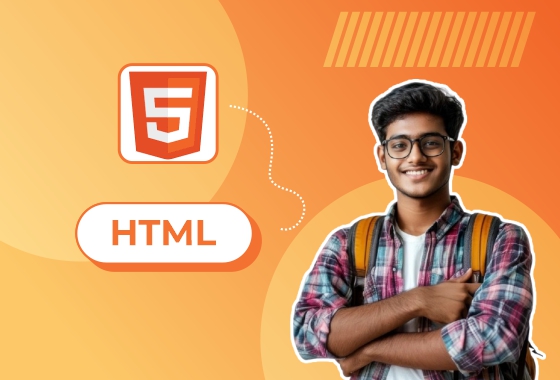
Blockchain-Based Voting System
Blockchain-Based Voting System
Key Components
Decentralized Ledger: Utilizes a distributed network of nodes to record votes, ensuring no single point of failure and reducing the risk of tampering.
Immutability: Once a vote is recorded, it cannot be altered or deleted, preserving the integrity of the election results.
Transparency and Auditability: All transactions are visible to authorized participants, allowing for independent verification of the voting process.
Anonymity and Privacy: Employs cryptographic techniques to protect voter identities while ensuring the transparency of the voting process.
Smart Contracts: Automates election rules and processes, reducing human error and increasing efficiency.
Benefits
Enhanced Security: The decentralized nature and cryptographic security of blockchain make it resistant to fraud and tampering.
Increased Voter Turnout: Facilitates remote voting, making it accessible to overseas citizens, military personnel, and individuals with disabilities.
Cost Efficiency: Reduces the need for physical infrastructure and manual labor associated with traditional voting methods.
Faster Results: Enables real-time vote tallying, leading to quicker and more accurate election outcomes.
Technologies Used
Frontend Technologies
React.js / Vue.js / Angular – To build user-friendly voting interfaces.
Web3.js / Ethers.js – To connect the frontend to the blockchain and smart contracts.
Backend & Database (Optional)
Node.js / Express / Python (Django/Flask) – To manage APIs, voter records, and election dashboards.
MongoDB / PostgreSQL – For off-chain storage of metadata or encrypted logs (if needed).
Challenges
Scalability: Blockchain networks may struggle to handle the high volume of transactions during large-scale elections.
Technological Literacy: Voters may require education and training to use blockchain-based voting platforms effectively.
Regulatory and Legal Issues: Existing election laws may not accommodate blockchain technology, necessitating legal reforms.
Security Concerns: While blockchain is secure, vulnerabilities in the implementation, such as in smart contracts, can still pose risks.
Real-World Implementations
Morocco: A case study explored the use of the Solana blockchain to create a transparent and auditable e-voting system, aiming to enhance electoral integrity.
West Virginia, USA: The Voatz mobile voting app, which integrates blockchain technology, was piloted to allow military personnel abroad to vote securely. However, the system faced criticism from security experts over potential vulnerabilities.





